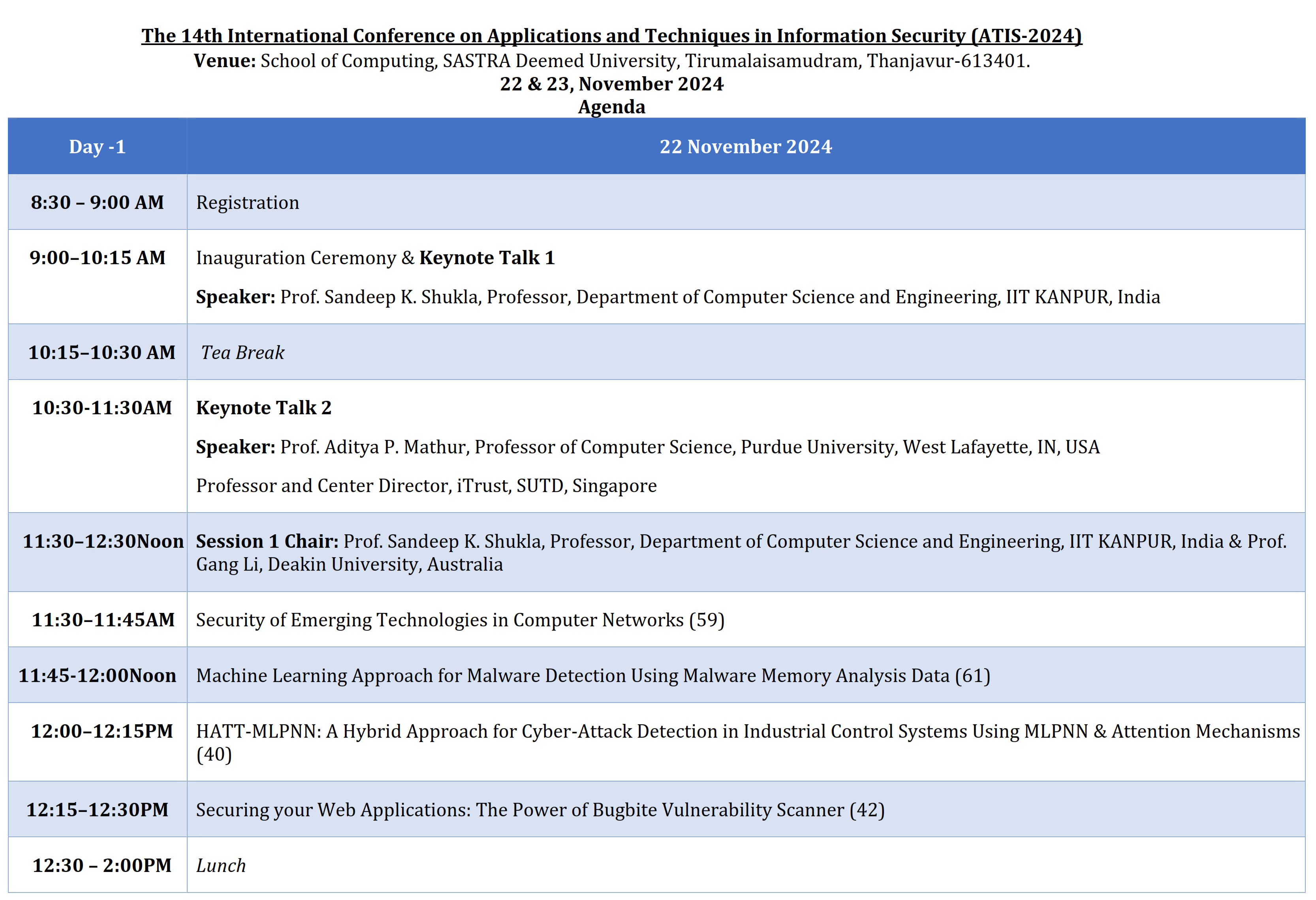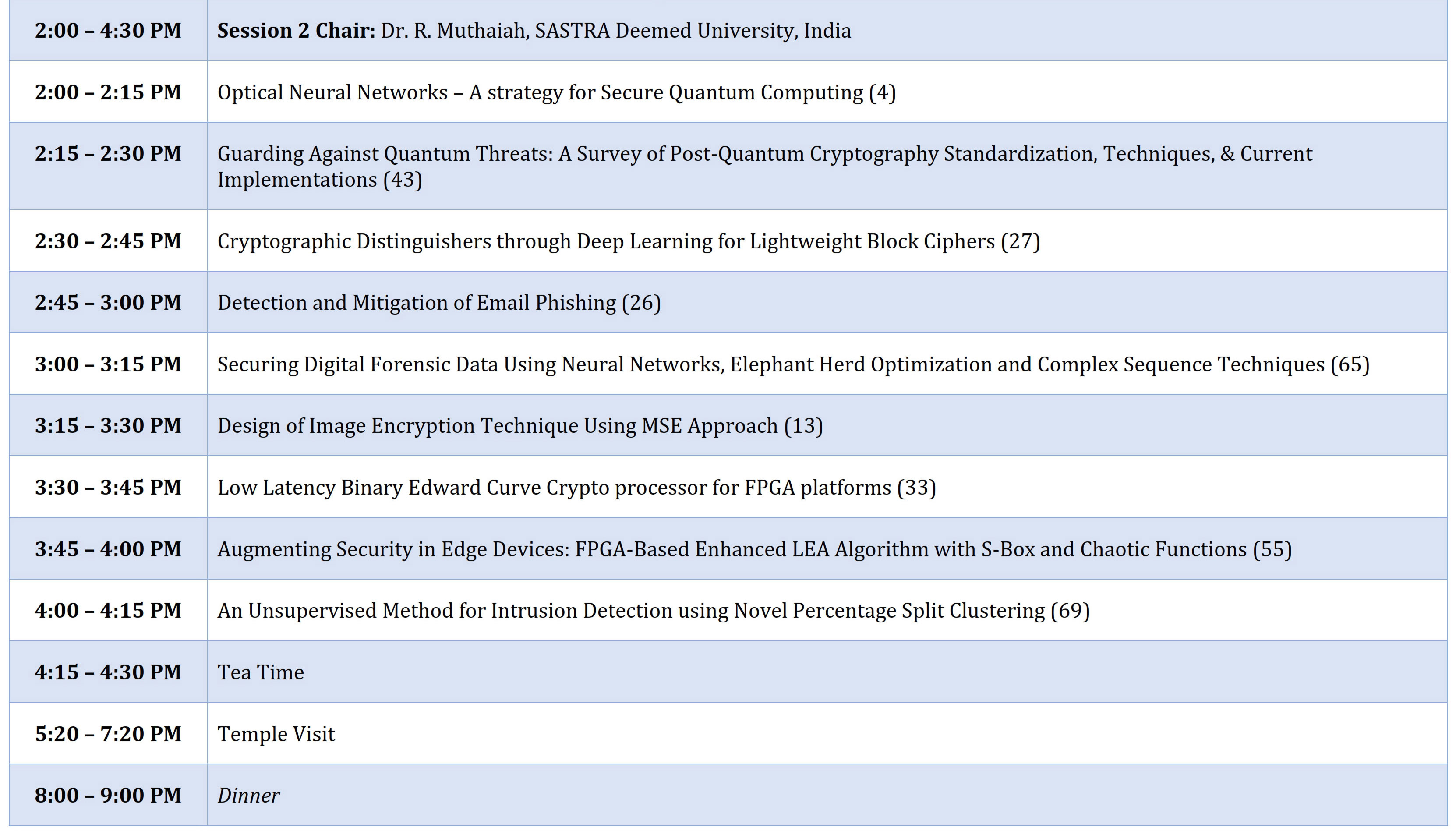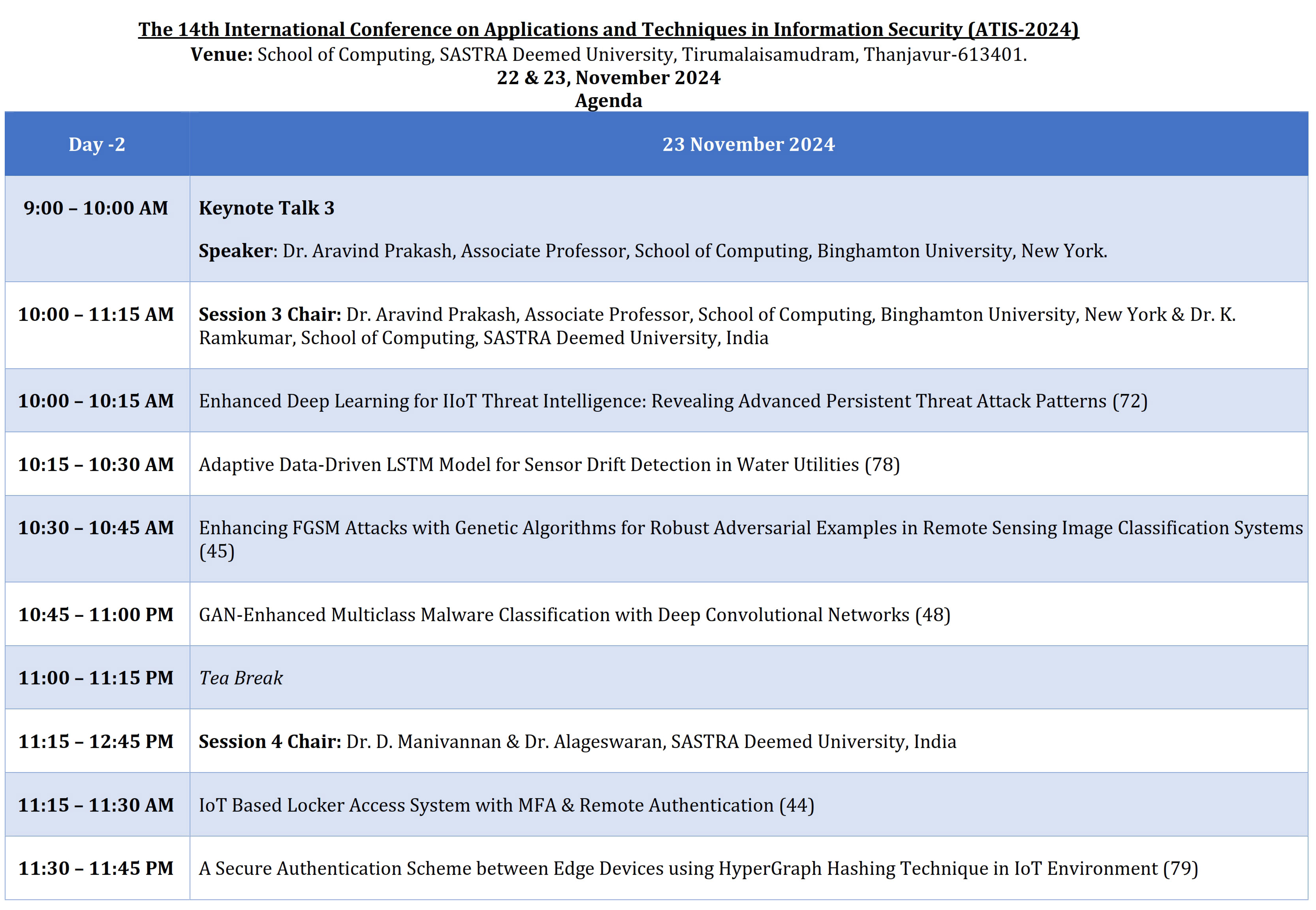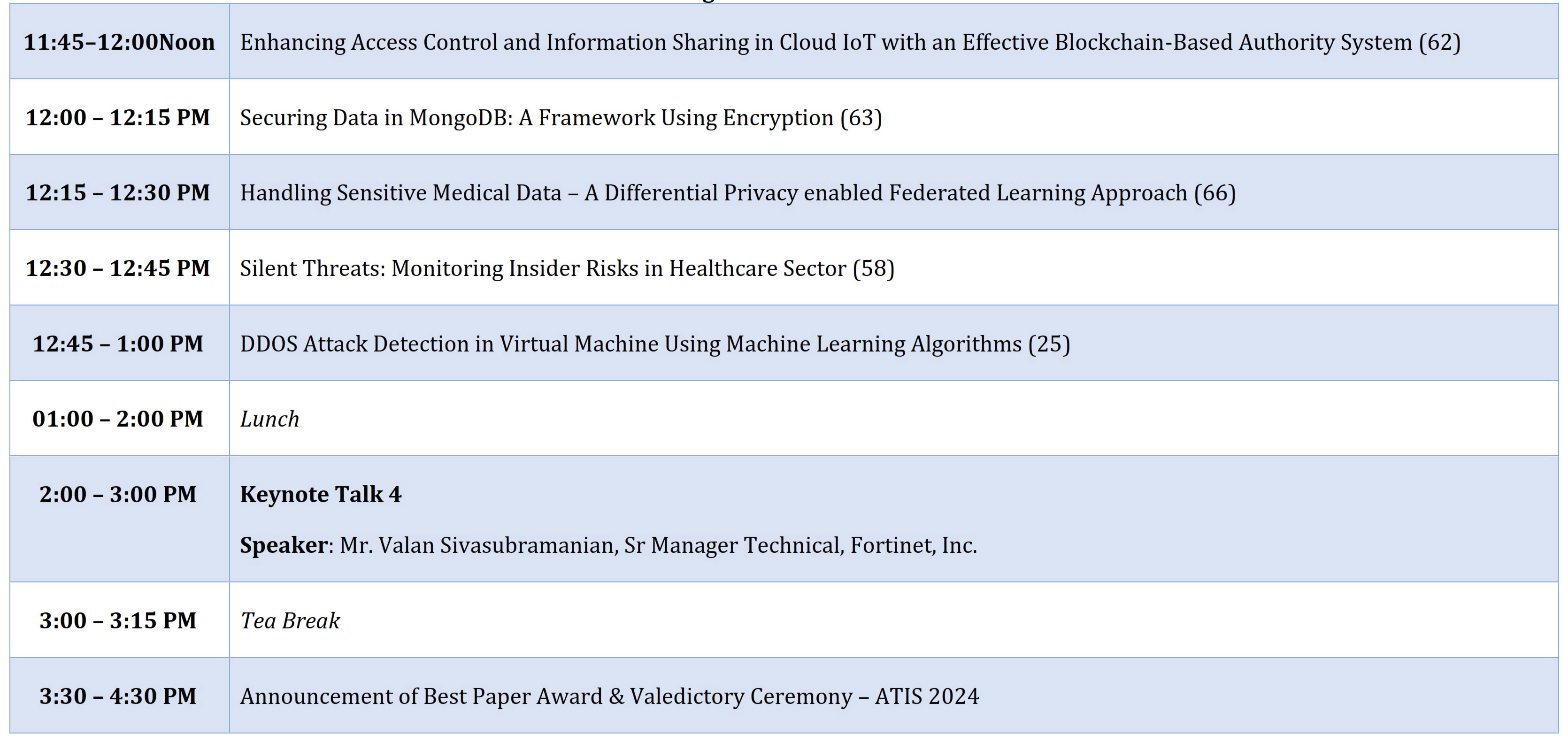The dreams of its founding fathers took shape in 1984 in the form of Shanmugha College of Engineering, which is now renamed, SHANMUGHA ARTS, SCIENCE, TECHNOLOGY & RESEARCH ACADEMY (SASTRA). Our programmes, infrastructure, teaching-learning, etc., are among the country's finest. SASTRA has always been proactive in its academic planning and believes in gaining the first-mover advantage. As a testimony to this, the Government of India has conferred the University status to SASTRA on April 26, 2001 under section 3 of the UGC Act, 1956.
SASTRA offers various undergraduate and post graduate courses in Engineering, Science, Education, Management, Law and Arts besides various Doctoral programmes and has state-of-the-art laboratories, a well stocked library and one of the best computing facilities. With a sprawling campus having a built-up area of 2,22,129.02 square metre spread over 232 acres and a vibrant population of over 10,000 students and over 700 teaching faculty have made SASTRA a landmark in the educational map of India.
With an ideal teacher-taught ratio, we strive for academic excellence through personalized attention. The mechanisms established to support and monitor the student’s progress assure success and satisfaction. Since its inception SASTRA has achieved national standing in terms of academic performance, co-curricular and extra-curricular activities and also in its growth and commitment to social service.
The standards of excellence of our programmes are reflected in the grades awarded to us by the National Assessment and Accreditation Council and in the success of our students in industry and academia, both in India & abroad. SASTRA has also been re-accredited with Grade ‘A++’ (maximum) by the National Accreditation and Assessment Council (NAAC) a statutory body of U.G.C.
SASTRA shapes its students' future by fostering a teamwork approach to instruction, encouraging interaction with faculty, providing access to high tech information, motivating them to develop new ideas and concepts, taking personal interest in students' career development and preparing them for success.
The 2024 International Conference on Applications and Techniques in Information Security (ATIS), will be the fourteenth (14th) event in the ATIS series, which started in 2010. The purpose of ATIS is to provide a forum for presentation and discussion of innovative ideas, research results, applications and experience from around the world. The annual ATIS conference highlights new results in the design and analysis of digital security hardware and software implementations. ATIS provides a valuable connection between the theoretical and implementation communities and attracts participants from industry, academia, and government organisations.
As academic research in information security has developed over the last twenty or so years, applications and techniques are being developed to be of specific use in this area. ATIS 2024 focuses on all aspects on techniques and applications in information security. Accepted papers will appear in the proceedings to be published as Springer's, Communications in Computer and Information Science (CCIS). ATIS 2024 CCIS Volume will be systematically submitted by Springer to various indexing services, including EI-Compendex, Scopus, SCImago, DBLP, Google Scholar, etc.
International Conference on Applications and Techniques in Information Security (ATIS 2024) 22-24/11/2024, Tamil Nadu, India.
Accepted papers in ATIS 2024 will appear in the proceedings to be published by Springer CCIS Series. ATIS 2024 CCIS Volume will be systematically submitted by Springer to various indexing services, including EI-Compendex, Scopus, SCImago, DBLP, Google Scholar, etc. Submission is via Easychair at: EasyChair for ATIS-2024
Top quality papers accepted and presented in ATIS 2024 will be invited to be extended for the possible inclusion in SCI/SCI-E Journals
The 2024 International Conference on Applications and Technologies in Information Security (ATIS 2024), will be the fourteenth event in the ATIS series, which started in 2010.
As academic research in information security has developed over the last twenty or so years, applications and techniques are being developed to be of specific use in this area. These include wavelets and their applications in digital forensics, classification algorithms for use in malicious software detection, and genetic algorithms custom-made for the cryptographic community, etc.
ATIS 2024 focuses on all aspects on techniques and applications in information security. The purpose of ATIS is to provide a forum for presentation and discussion of innovative ideas, research results, applications and experience from around the world. The annual ATIS conference highlights new results in the design and analysis of digital security hardware and software implementations. ATIS provides a valuable connection between the theoretical and implementation communities and attracts participants from industry, academia, and government organisations.
Papers are invited in the areas below, but do not exclude research in the general areas of the topic headings.
Theme I: Insider Threat Detection
Subtopics:
Theme II: Secure Quantum Computing
Subtopics:
Potential submissions include but are not limited to:
For any queries, please write to atis2024@sastra.ac.in
It is important to note that to include your paper in the program as well as in the proceedings, at least one author of your paper must pay the registration fee and attend the conference to present the paper.
Registration fee:
| Registration | Indian Nationals | Foreign Nationals |
|---|---|---|
| Regular Authors | ₹ 10,000 INR | ₹ 20,000 INR |
| Student Authors | ₹ 7,000 INR | ₹ 15,000 INR |
| Additional Page (Up to 12 extra pages) | ₹ 500 INR per page | ₹ 1200 INR per page |
| Additional Paper (s) | ₹ 6,500 INR | ₹ 15,000 INR |
| Participants | ₹ 2,500 INR | ₹ 7,000 INR |
* Inclusive of 18% GST
Please send the scanned copy of the registration form, copyright form and payment proof to atis2024@sastra.ac.in before the last date of registration.
Account Name: ATIS 2024
Account No.: 500101013737537
IFSC Code: CIUB0000528
MICR Code: 613054014
Swift Code: CIUBIN5M
Bank: City Union Bank Ltd
Branch: THIRUMALAI SAMUDRAM
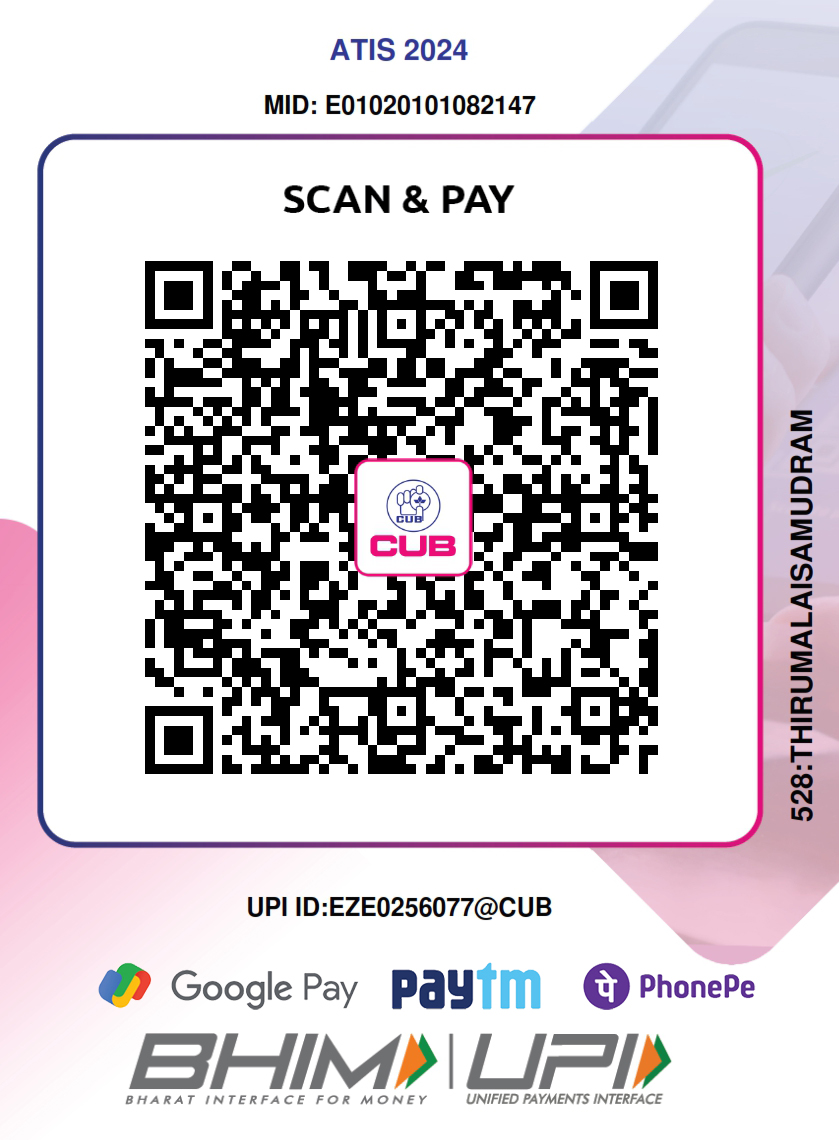
Demand Draft (DD) to be drawn in favor of "ATIS-2024" PAYABLE at THANJAVUR.
The filled-in Registration form, Copyright form, and the DD (Kindly write your Paper ID behind the DD using pencil) should be sent to the below postal address.
Prof. V. S. Shankar Sriram Ph.D.,
Chair ATIS-2024,
Dean - School of Computing,
SASTRA Deemed University,
Thanjavur-613401, Tamil Nadu, India.
Foreign Nationals may opt to pay the registration fee at the time of conference in INR. Those who opt for this mode of payment may send a email to atis2024@sastra.ac.in with the subject "Spot Payment" along with the required documents as a ZIP file.
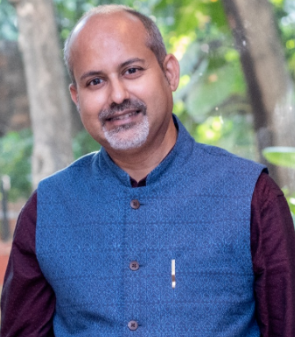
Professor,
Department of Computer Science and Engineering
Co-Project Director, C3iHub, IIT KANPUR

Professor,
Department of Computer Science, Purdue University
Center Director, iTrust, SUTD, Singapore
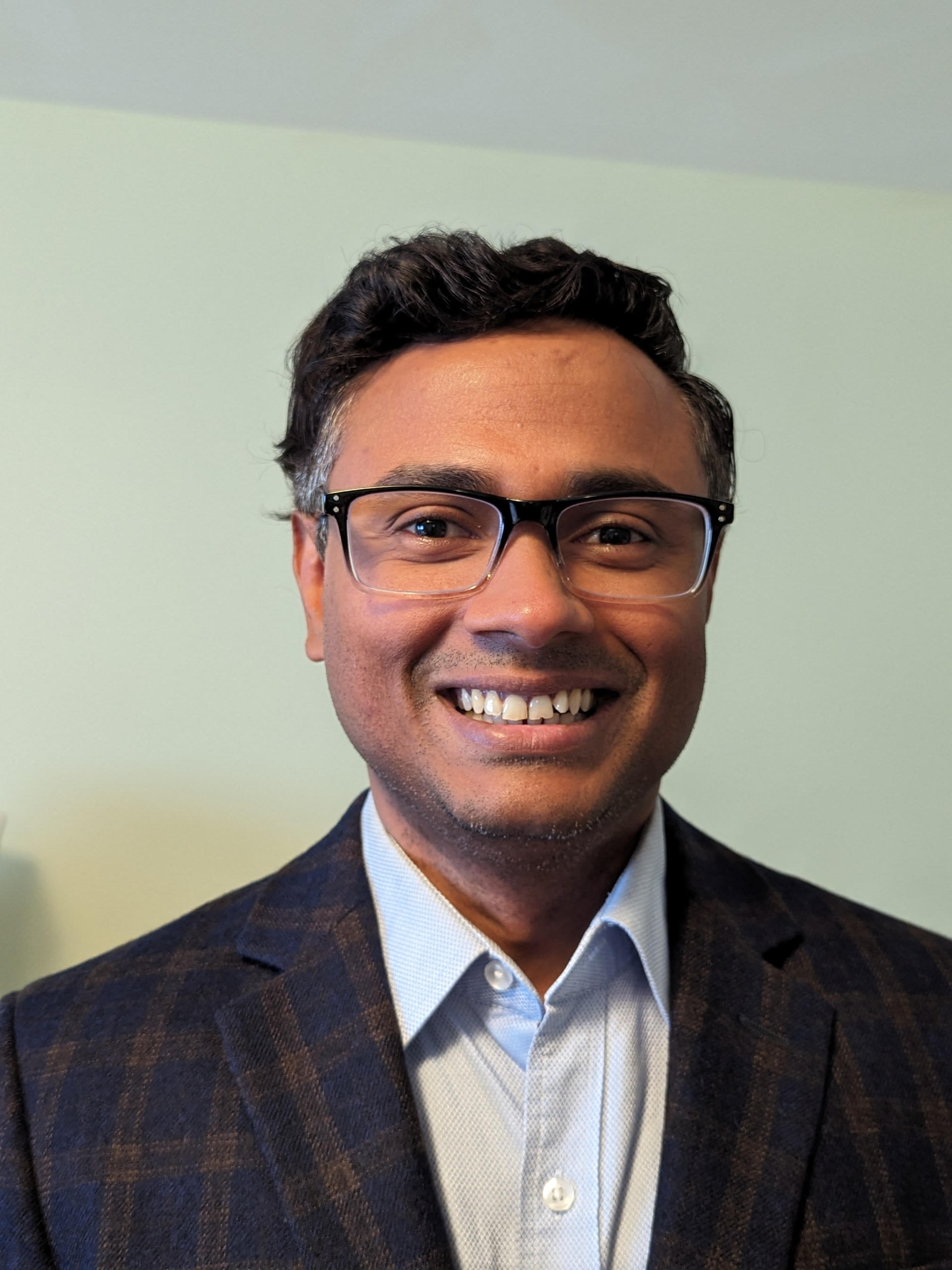
Associate Professor,
School of Computing, Binghamton University
New York.
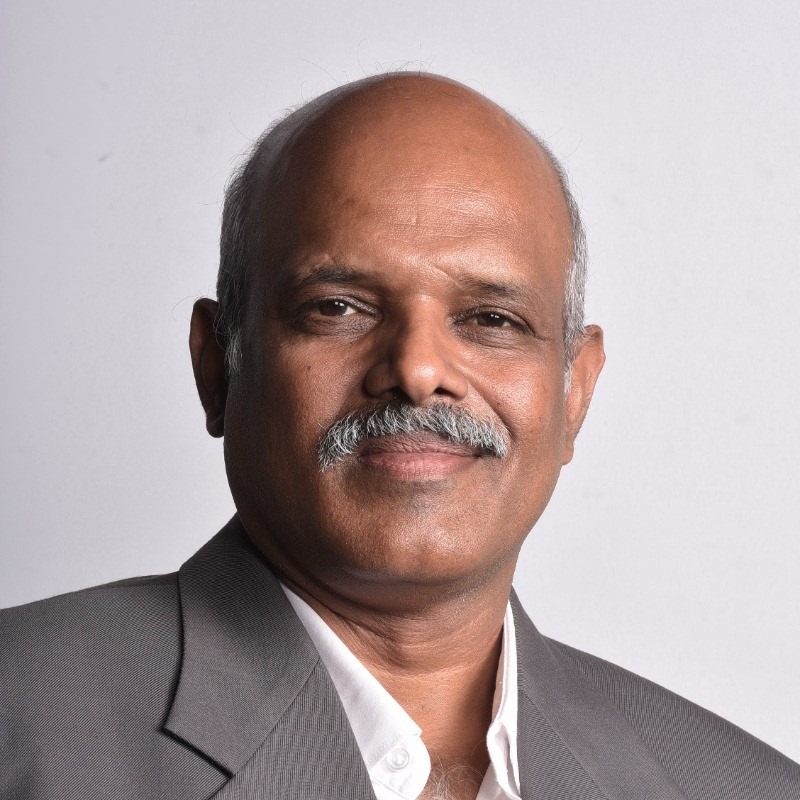
Senior Manager Technical,
Fortinet.

Deakin University,
Melbourne,
Australia
General Chair
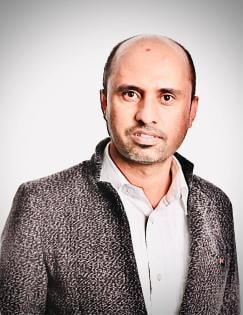
Deakin University,
Melbourne,
Australia
Program co-chair

SASTRA Deemed University,
Tamil Nadu,
India
Local Organising Committee (chair)
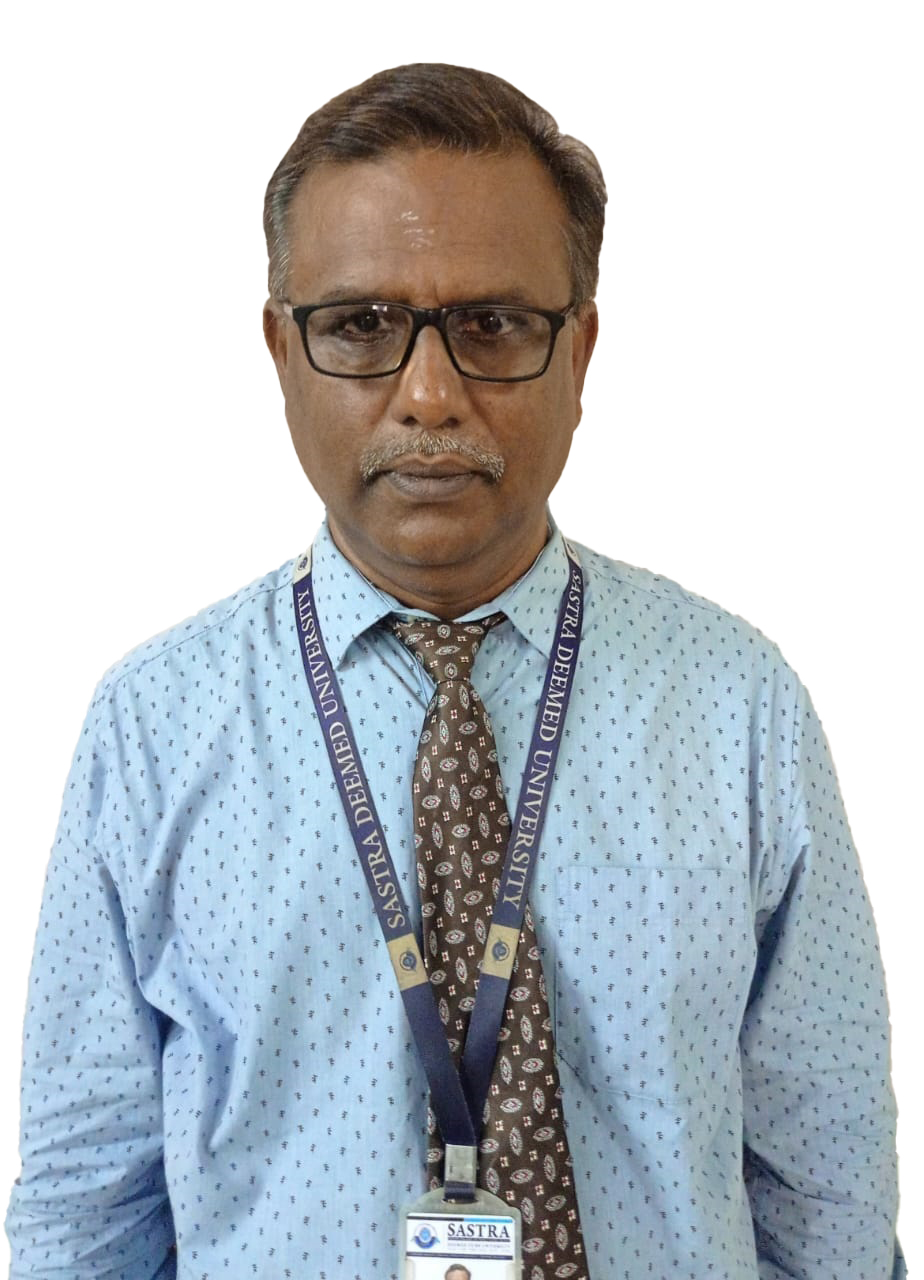
SASTRA Deemed University,
Tamil Nadu,
India
Program co-chair
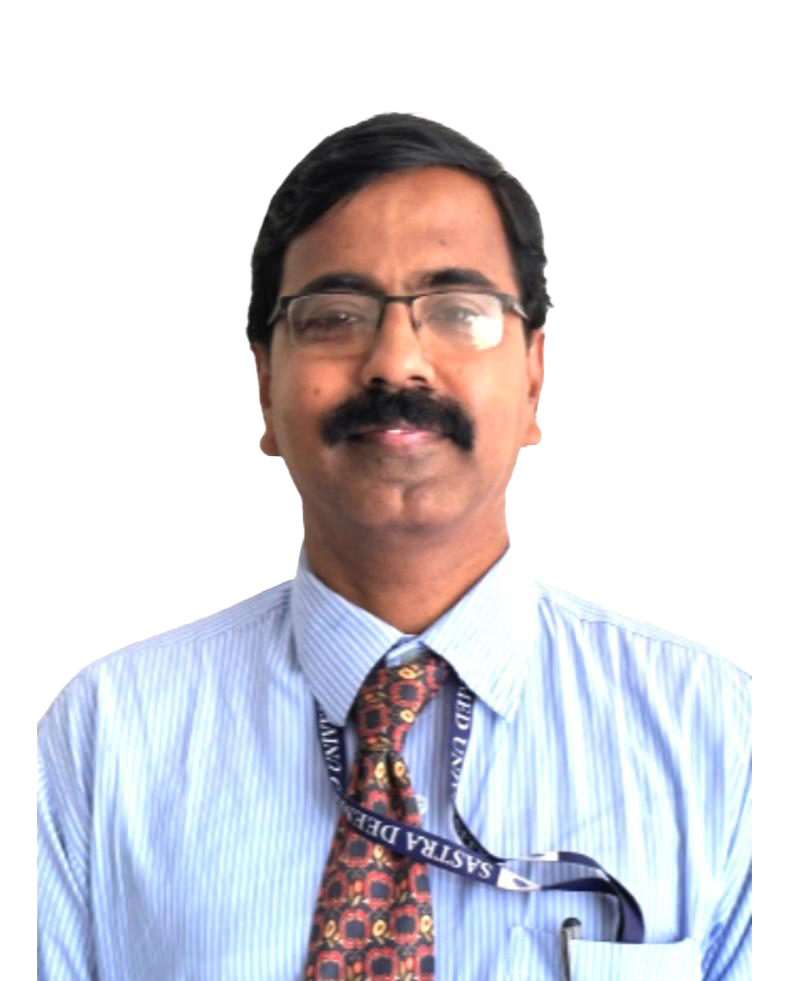
SASTRA Deemed University,
Tamil Nadu,
India
Local Organising Committee
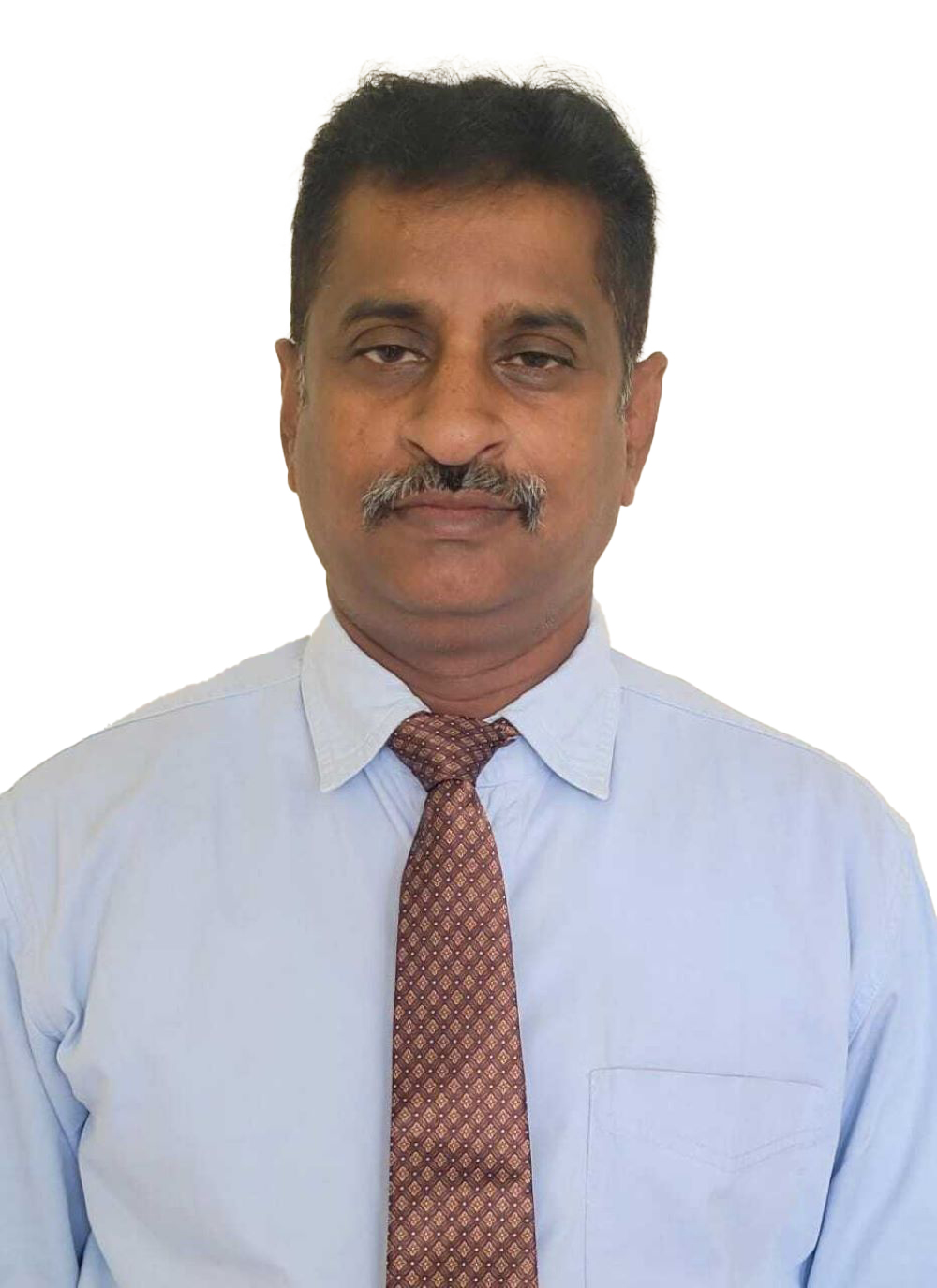
SASTRA Deemed University,
Tamil Nadu,
India
Local Organising Committee
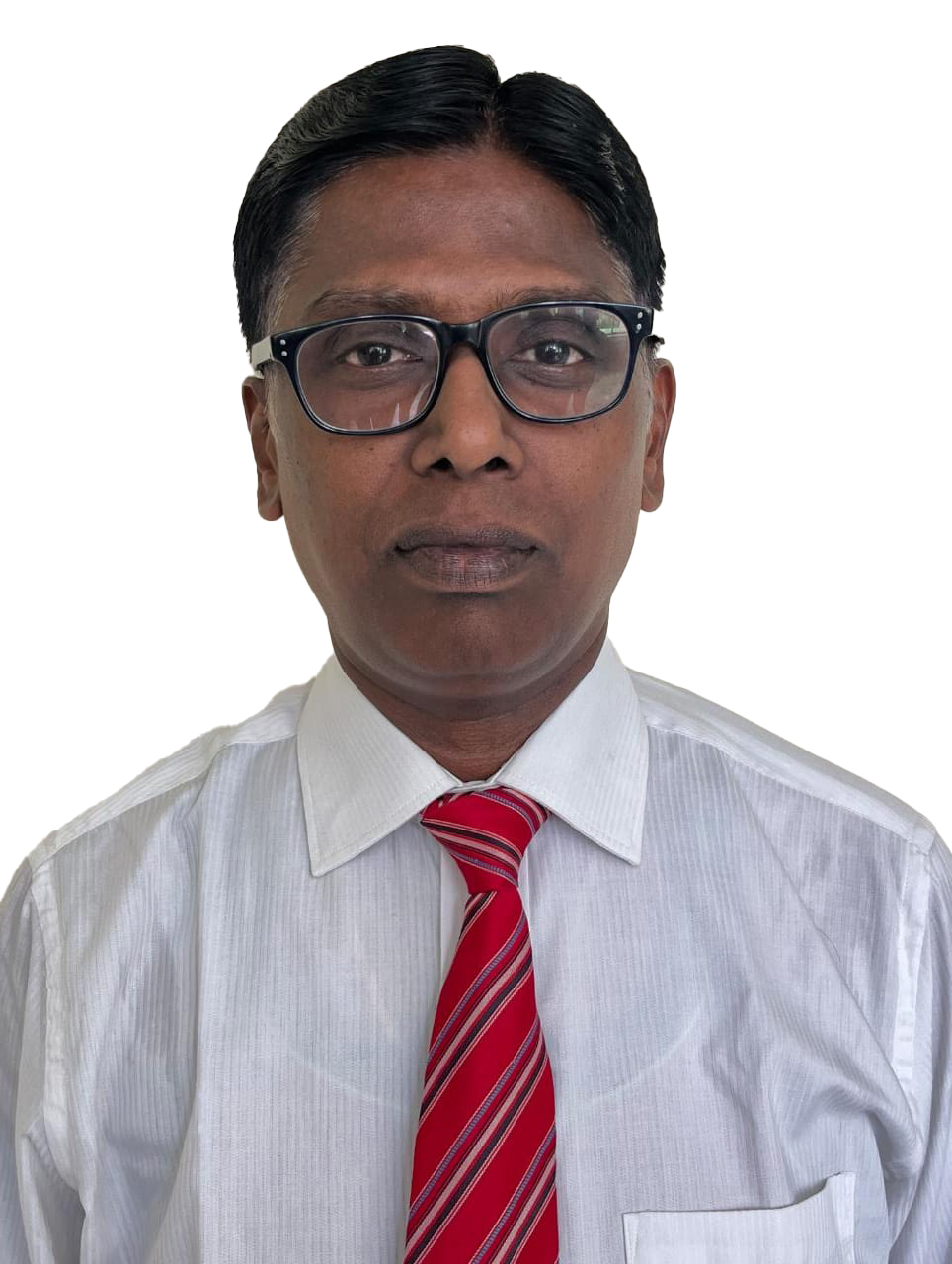
SASTRA Deemed University,
Tamil Nadu,
India
Local Organising Committee
